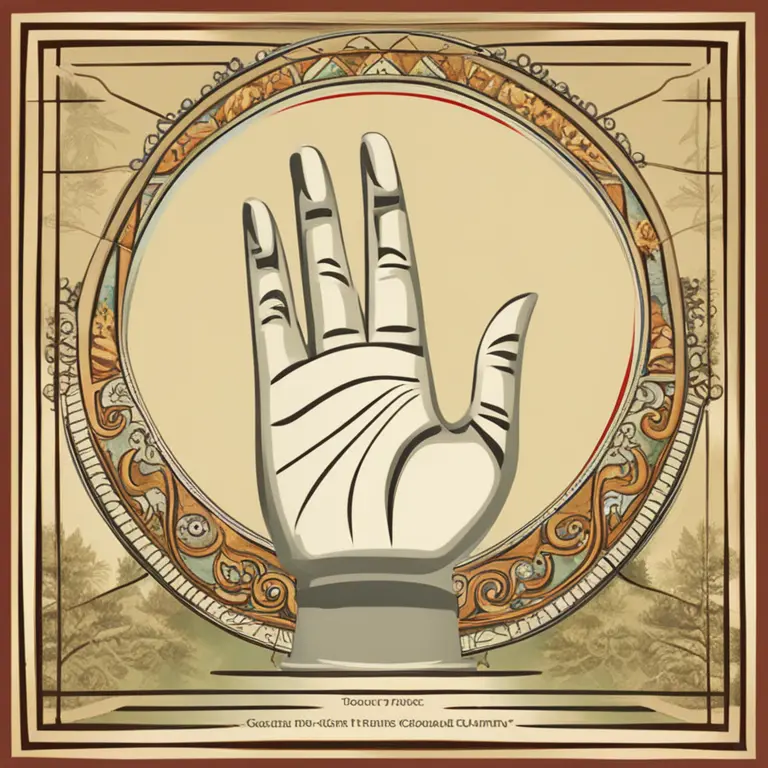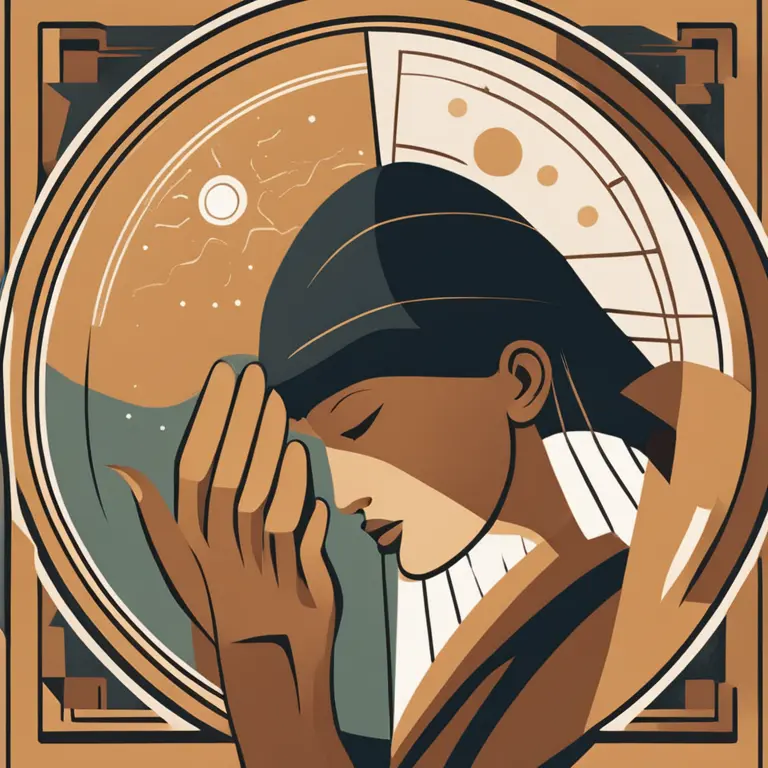
The Art of Palmistry: An Insightful Guide to Hand Reading
An insightful guide into the world of palmistry, providing you with an understanding of what your hands may reveal about your life's path.
article by Nora Pennington
Introduction to Palmistry
Palmistry, or chiromancy, is the ancient art of reading the lines, shapes, and patterns on the hands to gain insights into an individual's personality and potential future events. Its origins trace back to various cultures, including Indian, Chinese, and Egyptian civilizations. Despite the skepticism of some, palmistry has evolved, incorporating new research and psychological aspects to better understand the complex signals given by our hands. This article aims to demystify the practice and provide you with foundational knowledge to glimpse into the wisdom carried by your own palms.

Palmistry's Basic Components
Palm reading centers around several key elements of the hand. These include the major lines—heart line, head line, and life line—as well as the mounts, or raised portions of the palm. Each aspect carries different meanings. For instance, the heart line focuses on emotional matters, the head line on intellectual attributes, and the life line on vitality. Additionally, the mounts correspond to various celestial influences such as Venus or Mars, adding another layer of interpretation in relation to planetary associations.

Analyzing the Lines
Detailed examination of the lines within one's palm can yield intriguing information. Lines can be deep, faint, long, or short and their characteristics are believed to reflect different qualities and life experiences. For example, a deep and clear life line may suggest a robust health and vitality, while a broken or disrupted line could imply challenges or significant changes in life. Learning to recognize these nuances is a crucial step in palmistry.

Exploring Mounts and Fingers
The mounts on the palm relate to different personalities and traits linked to astrological planets. For example, the Mount of Jupiter signifies leadership and ambition, whereas the Mount of Saturn is associated with wisdom and a propensity for solitude. Finger analysis also plays a part; longer fingers might indicate a detail-oriented nature, while shorter ones may denote a penchant for the physical and practical.

Shapes and Sizes: The Hands Speak
The overall shape and size of the hand itself carries significance in palm reading. Generally categorized into elemental types—earth, water, air, and fire—each hand type conveys a distinct personality archetype. Earth hands are broad and square, indicating practicality, while water hands have longer palms with shorter fingers, reflecting creativity and emotional depth. Air hands feature square or rectangular palms with long fingers and reveal intellectual and social natures. Fire hands are characterized by short, wide palms and equally wide fingers, symbolizing enthusiasm and leadership.
The Future of Palmistry
Palmistry continues to adapt and flourish in the modern age. Technological advancements such as AI algorithms analyzing hand scans may one day complement traditional techniques, enhancing accuracy and personalization of readings. Furthermore, as understanding of psychology deepens, palmistry's interpretations are now more nuanced, reflecting an individual's predispositions rather than fixed destinies. This dynamic field promises to retain its mystery while becoming more grounded in empirical findings as we move further into the 21st century.
Published: 1/11/2024
Modified: 1/12/2024
More predictions
Come back here soon to learn more about yourself and your future


The Efficacy of Palmistry: Real Insight or Fancy?
Delve into the validity of palmistry as a form of divination. Is there a truth behind the lines on our palms, or is it just a charming fancy?


The Ancient Art of Vedic Palmistry
Discover the ancient art of Vedic Palmistry and its practice in the modern era, revealing the secrets held within the lines of the hand.


Palmistry Basics: How to Read Your Hand's Secrets
Learn the basics of palmistry with this guide on how to read the lines and shapes of your hands to reveal insights about your personality and future.